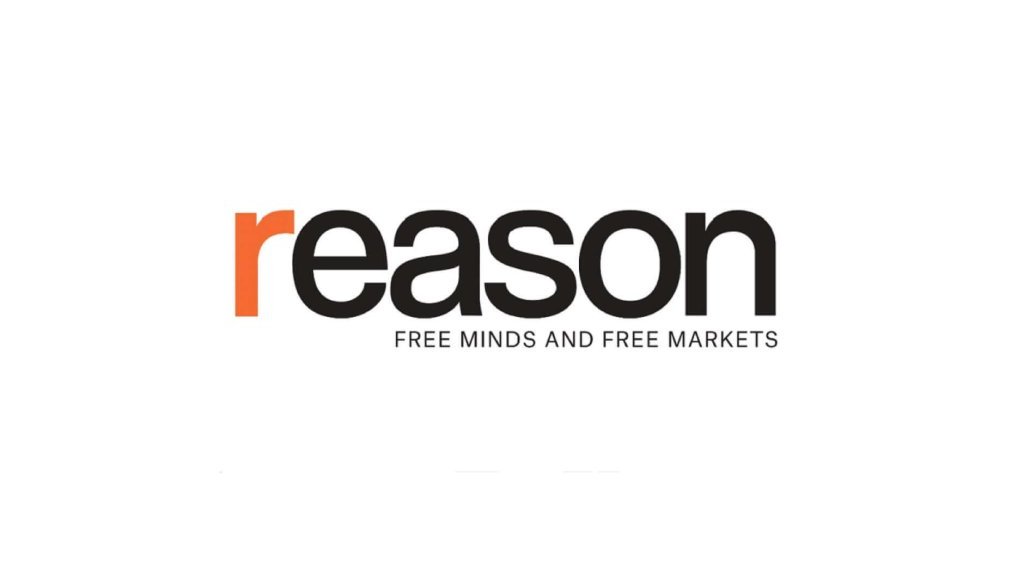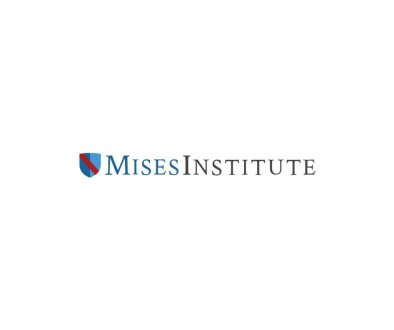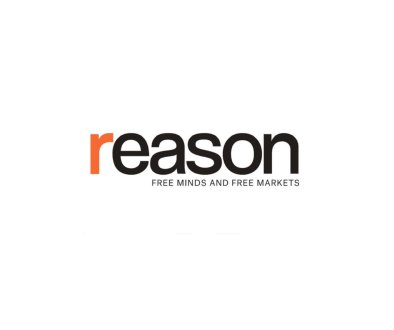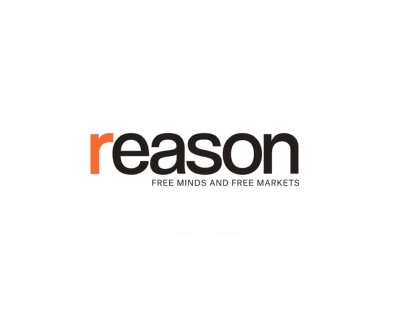Top-Down Political Cowardice Helped Make Charlie Hebdo a Lonely Target
There is a plausible theory of the case for the dramatic rise in illiberal, speech-stultifying wokeness in America beginning a dozen or so years ago: that it’s largely a bottom-up, millennial affair.
“In late 2013,” Greg Lukianoff, president of the Foundation for Individual Rights and Expression (FIRE), explained in Reason‘s January 2022 issue, “there was an explosion in censorship that was student-led….The generation hitting campuses in 2013 had been educated by the graduates of…activist education schools. In some cases they were literally the children of the students who had pushed for (or at least were OK with) speech codes in the ’80s and ’90s.”
Tuesday’s 10-year anniversary of the Charlie Hebdo massacre—when a dozen staffers of the satirical antiauthoritarian weekly, including some of France’s most beloved cartoonists, were gunned down by Islamists claiming offense at the depiction and mockery of their religion’s prophet—is a timely reminder that the West’s free speech knees got wobbly long before the millennials hit middle school. And it was political leaders, not stinky college kids, who led the retreat.
The late Jimmy Carter was a noteworthy case in point. On March 4, 1989, less than three weeks after the Ayatollah Khomeini placed a million-dollar bounty on the head of author Salman Rushdie for the supposed blasphemy of critically depicting Muhammad in the novel The Satanic Verses, Carter, less than a decade out of the White House, authored a remarkably awful New York Times op-ed under the headline “Rushdie’s Book Is an Insult.”
“While Rushdie’s First Amendment freedoms are important,” Carter to-be-sure‘d, “we have tended to promote him and his book with little acknowledgment that it is a direct insult to those millions of Moslems whose sacred beliefs have been violated and are suffering in restrained silence the added embarrassment of the Ayatollah’s irresponsibility. This is the kind of intercultural wound that is difficult to heal.”
Thus was introduced an almost impressive number of moral and rhetorical sleights of hand that have since the fatwa bedeviled liberalism’s discourse in the face of direct murderous threats: the unconvincing throat-clear, the literary/social criticism prompted not by intellectual curiosity but by physical violence, the touristic and condescending assumption of blanket offense, the unidirectional sacralization of “beliefs,” the euphemistic downplaying of the heckler’s veto (“irresponsibility”?), followed quickly by the metaphorical conflation of dominant-culture expression with marginalized-culture bodily injury.
You can read every single one of these tricks in the hideous 2015 petition signed by 145 members of PEN America protesting the literary/free speech organization’s bestowment of its Freedom of Expression Courage Award to the surviving staffers of Charlie Hebdo.
“We do not believe in censoring expression,” the undersigned throat-cleared, before the big But:
However, there is a critical difference between staunchly supporting expression that violates the acceptable, and enthusiastically rewarding such expression.
In the aftermath of the attacks, Charlie Hebdo’s cartoons were characterized as satire and “equal opportunity offense,” and the magazine seems to be entirely sincere in its anarchic expressions of disdain toward organized religion. But in an unequal society, equal opportunity offense does not have an equal effect.
Power and prestige are elements that must be recognized in considering almost any form of discourse, including satire. The inequities between the person holding the pen and the subject fixed on paper by that pen cannot, and must not, be ignored.
To the section of the French population that is already marginalized, embattled, and victimized, a population that is shaped b
Article from Reason.com

The Reason Magazine website is a go-to destination for libertarians seeking cogent analysis, investigative reporting, and thought-provoking commentary. Championing the principles of individual freedom, limited government, and free markets, the site offers a diverse range of articles, videos, and podcasts that challenge conventional wisdom and advocate for libertarian solutions. Whether you’re interested in politics, culture, or technology, Reason provides a unique lens that prioritizes liberty and rational discourse. It’s an essential resource for those who value critical thinking and nuanced debate in the pursuit of a freer society.




